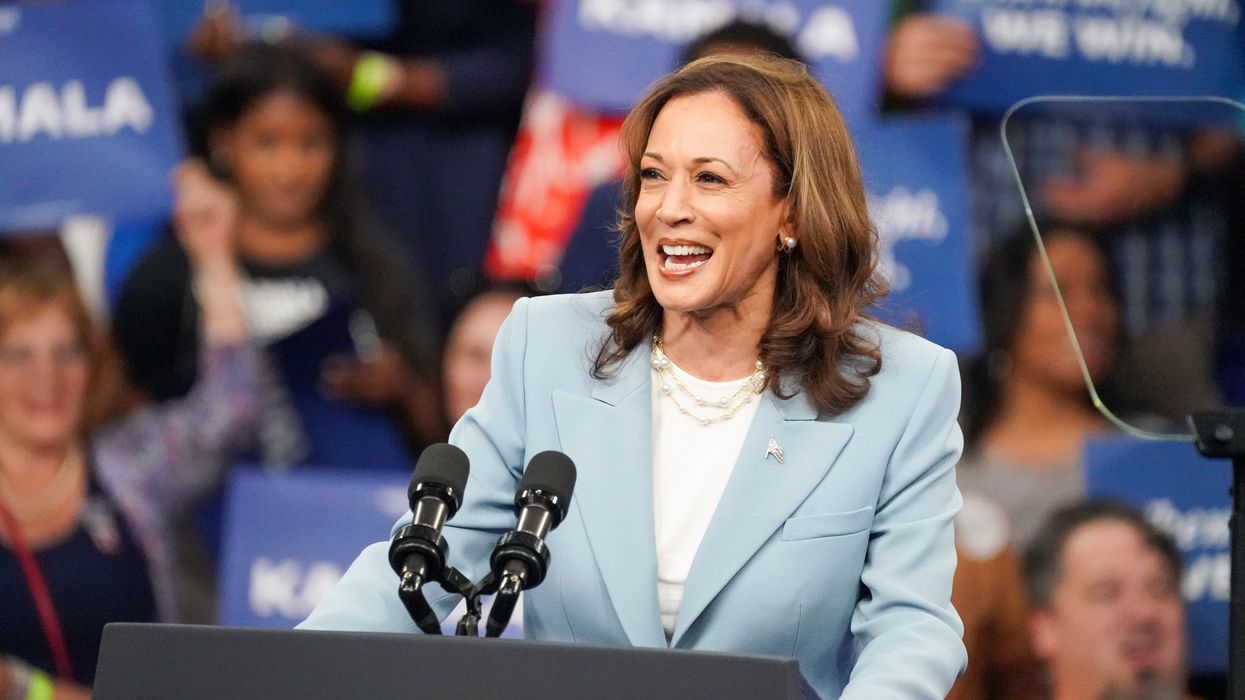Fields is a New York physician and a board member of Independent Voting and Open Primaries.
For me, as a Black woman, the fact that another Black woman, Kamala Harris, may be elected president of the United States is a compelling possibility. (And yes, she is Black.)
For 30 years I worked closely with a Black woman, Lenora Fulani, who in 1988 ran for president as an independent. Unlike Harris, Fulani had no chance of winning — yet she ran to establish a beachhead for greater and more diverse political options for the communities of color and for the poor.
Fulani made history when she became the first woman and the first African American to appear on the ballot in all 50 states in the general election. Shirley Chisholm, a Democrat, had been a candidate in the Democratic presidential primary in 1972 but did not win the nomination and thus did not get to the general election.
Like Chisholm, Fulani gave voice to poor communities of color. She spoke passionately about the Black community, especially the lives of the Black poor, the disenfranchised and the marginalized. I stood with her, challenging the idea that Black people were always and only empowered by the Democratic Party, in her “Two Roads are Better Than One” campaign to back Jesse Jackson in the Democratic primary and then offer her independent candidacy when Jackson was rejected and humiliated by the party leadership. I stood with her in building a Black and independent alliance as we joined forces with the Ross Perot movement to “take our country back” for the American people. We found broad support in our communities for democratic reform and for extending the right to vote in primaries to independent voters.
According to June 2024 Gallup polling data, 51 percent of U.S. voters self-identify as independents. The vast majority of millennials and Gen Z voters are becoming independent and the numbers continue to increase in the Black community (a 2022 survey puts the number at 25 percent), and this trend is even greater among the younger generation. Among Latinos the rate of independent identification is 52 percent.
I see the decades-long steady growth of independent identification among voters as an attempt by ordinary Americans from all communities to move beyond two-party ideological division, dysfunctional government, endless war and social crisis.
There is a practical and visionary opportunity for Vice President Harris to embrace the growth of political independence among the American people, as she undertakes her campaign for the presidency, especially among young people and in communities of color.
Harris often speaks about the threat to American democracy that former President Donald Trump represents. Though I believe Trump represents a dangerous anti-democratic trend in segments of our country, the truth is that saving American democracy requires much more than defeating Trump. It requires expanding and revitalizing our electoral process. Most of all it requires a brave heart — dare I say a Fulani heart — and a willingness to be different and to step outside of traditional political divides to make our communities and our country anew.
I urge Harris to make a clear public statement acknowledging and recognizing the 51 percent of Americans who have chosen not to affiliate with either major party, and to recognize the rights of those voters as well as the rights of independent candidates and independent parties to fully participate in our democracy. She should call for the opening of all primaries to allow independent voters to participate. No American should be forced to join a party to vote in any election paid for with our tax dollars. I would also urge Harris to commit to establishing a task force to explore and support ways to level the playing field for all independents, including independents of color.
I believe Kamala Harris, as the first woman of color on a major party ticket for president, has an opportunity to lead in new ways. I intend to vote for her. And if she wins I sincerely hope her presidency will be a new awakening for us all.


















 From left to right: Gabriel Cardona-Fox, Bud Branch, Joe Concienne
From left to right: Gabriel Cardona-Fox, Bud Branch, Joe Concienne 
Trump & Hegseth gave Mark Kelly a huge 2028 gift